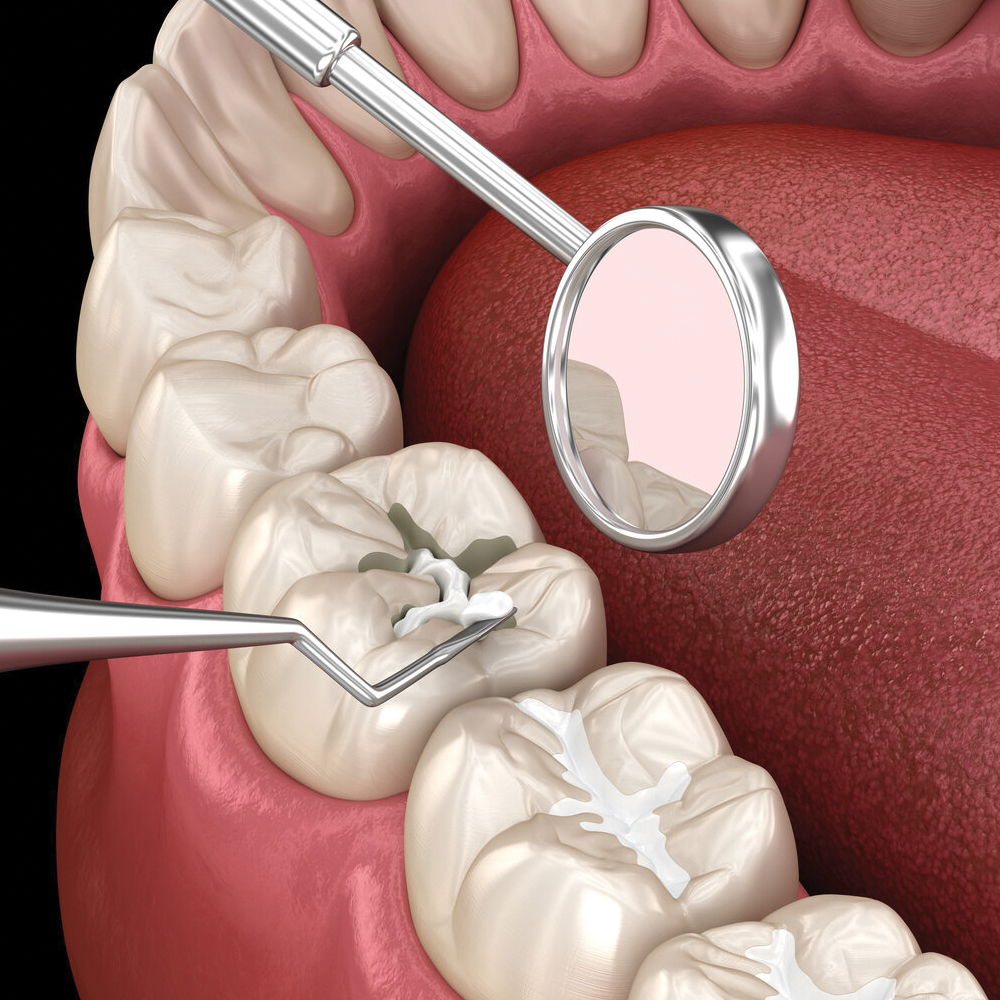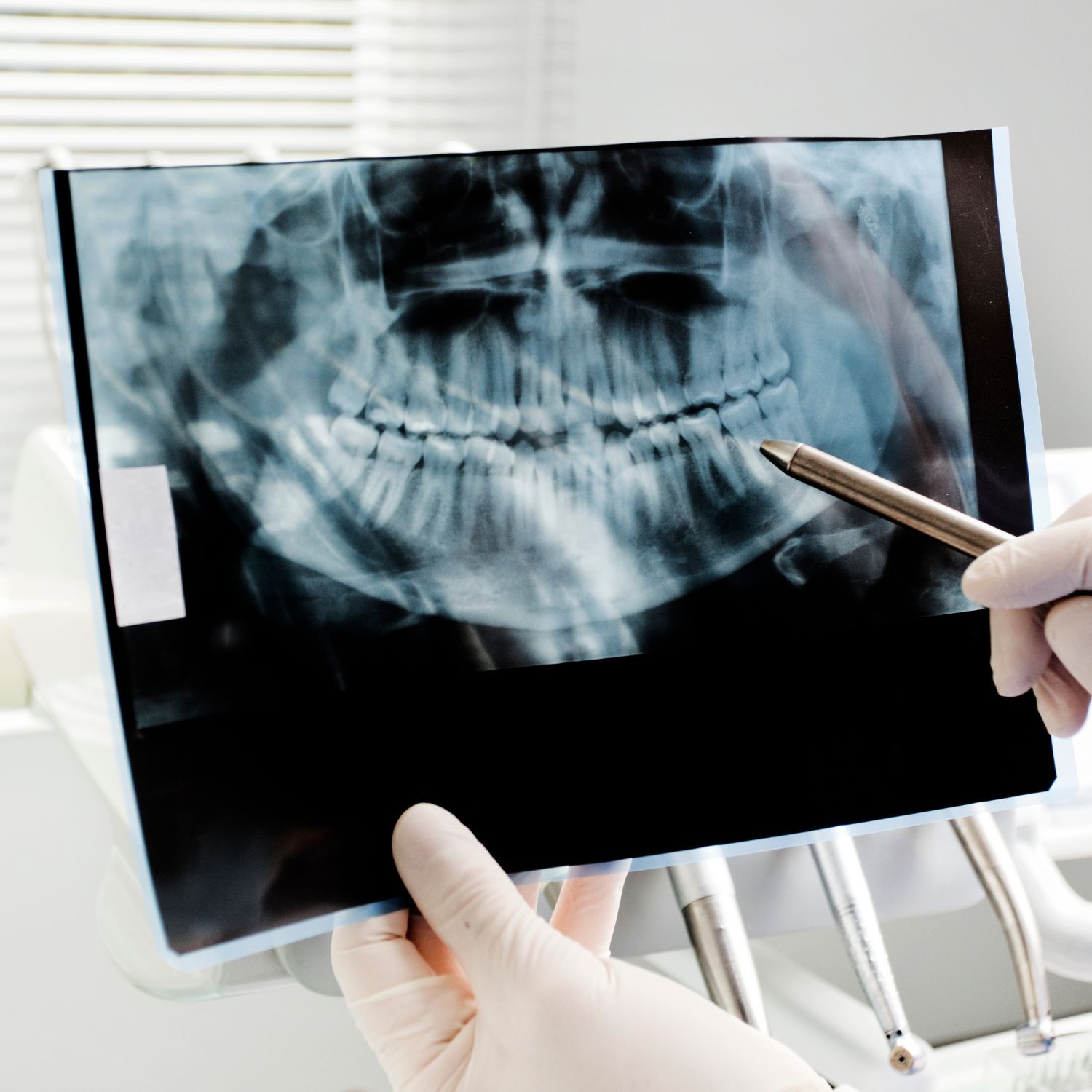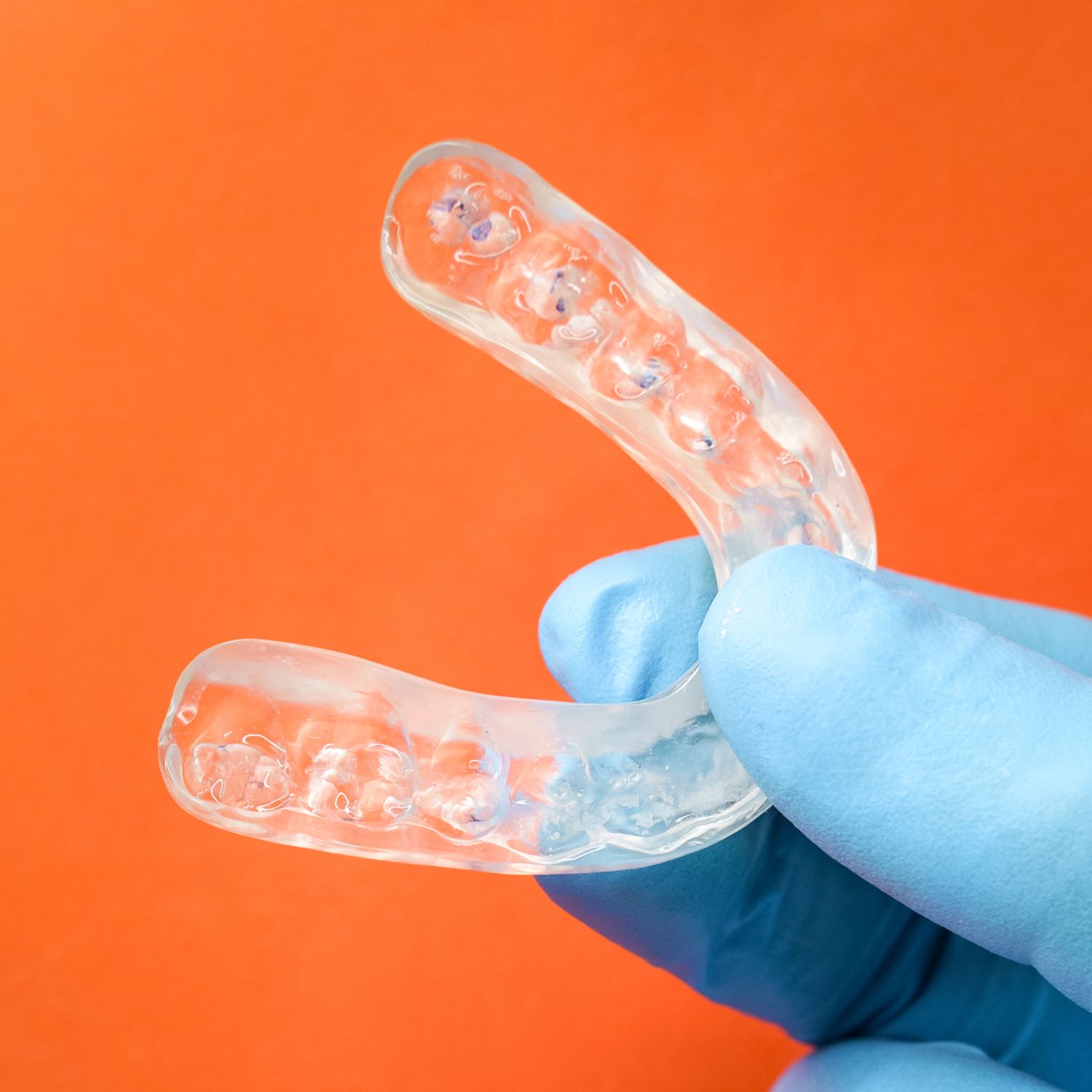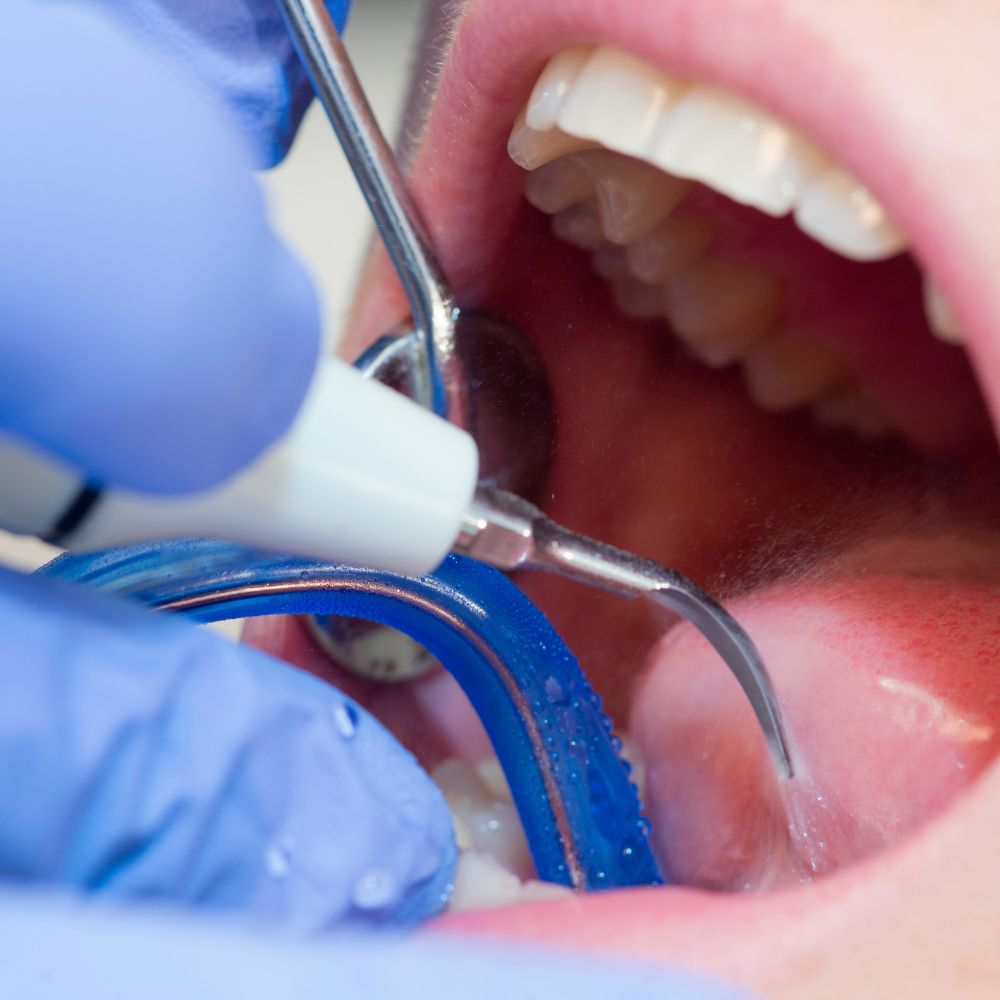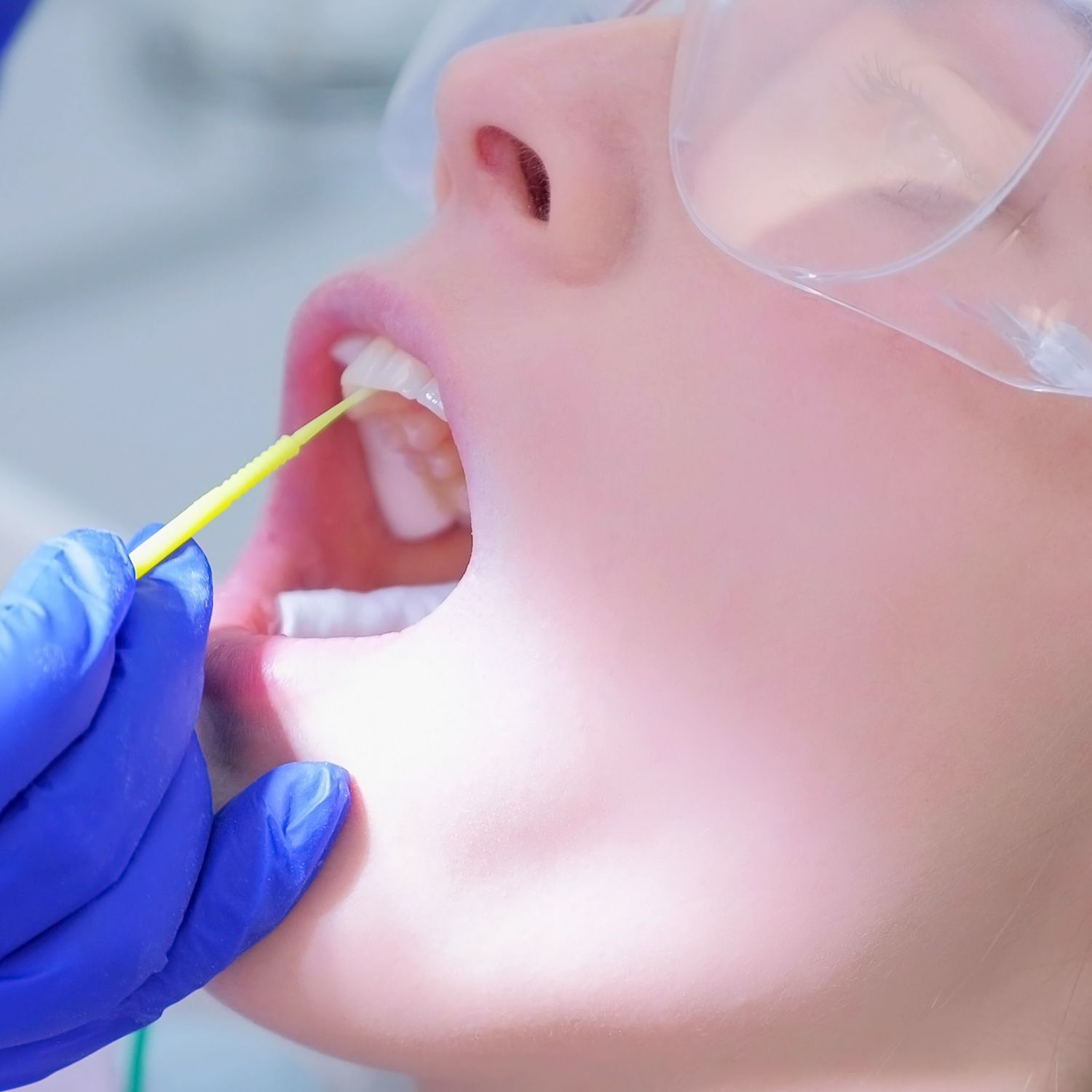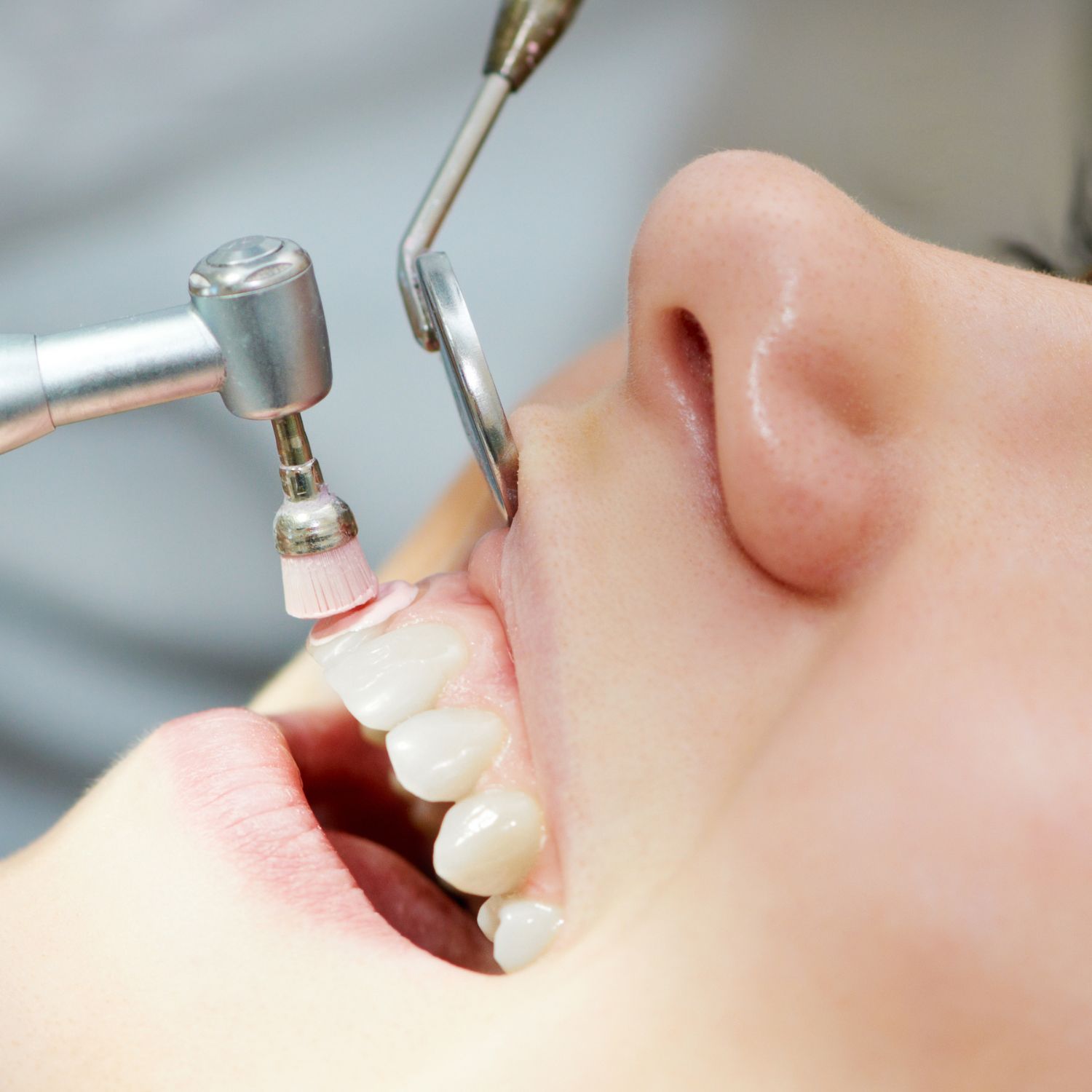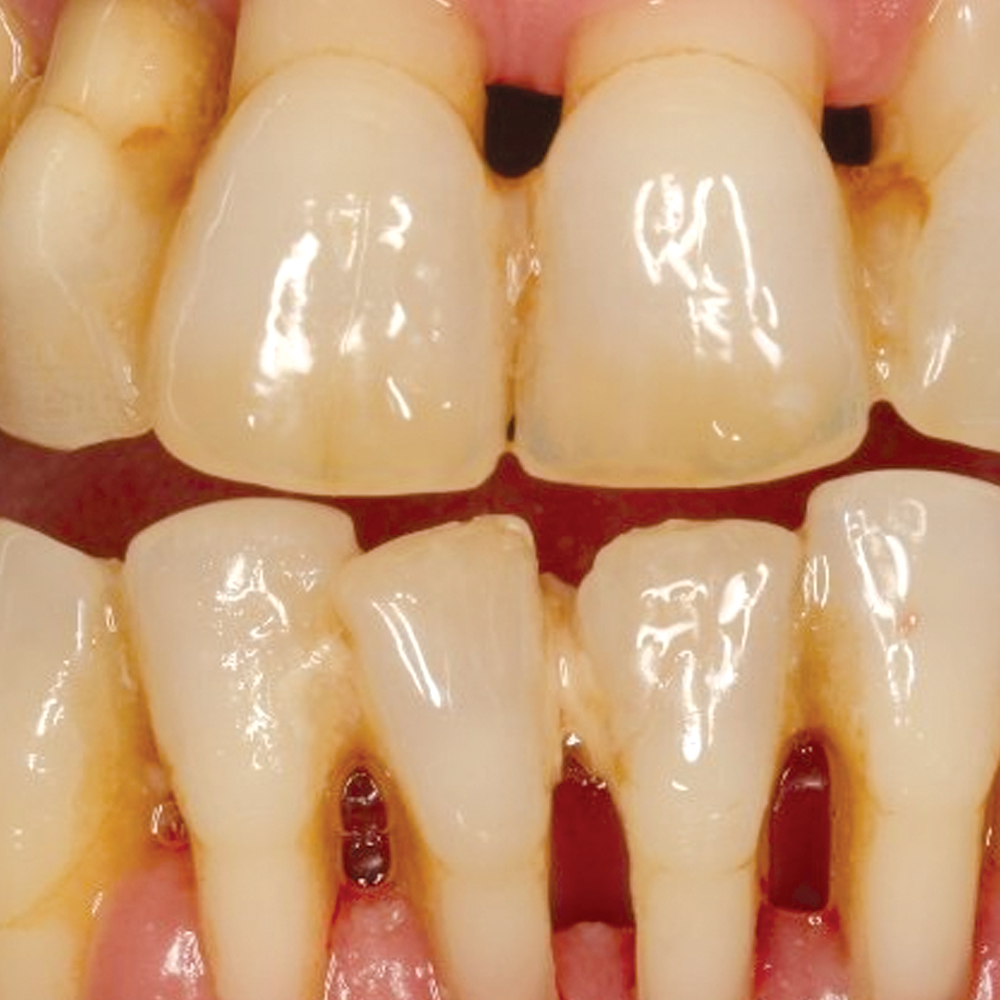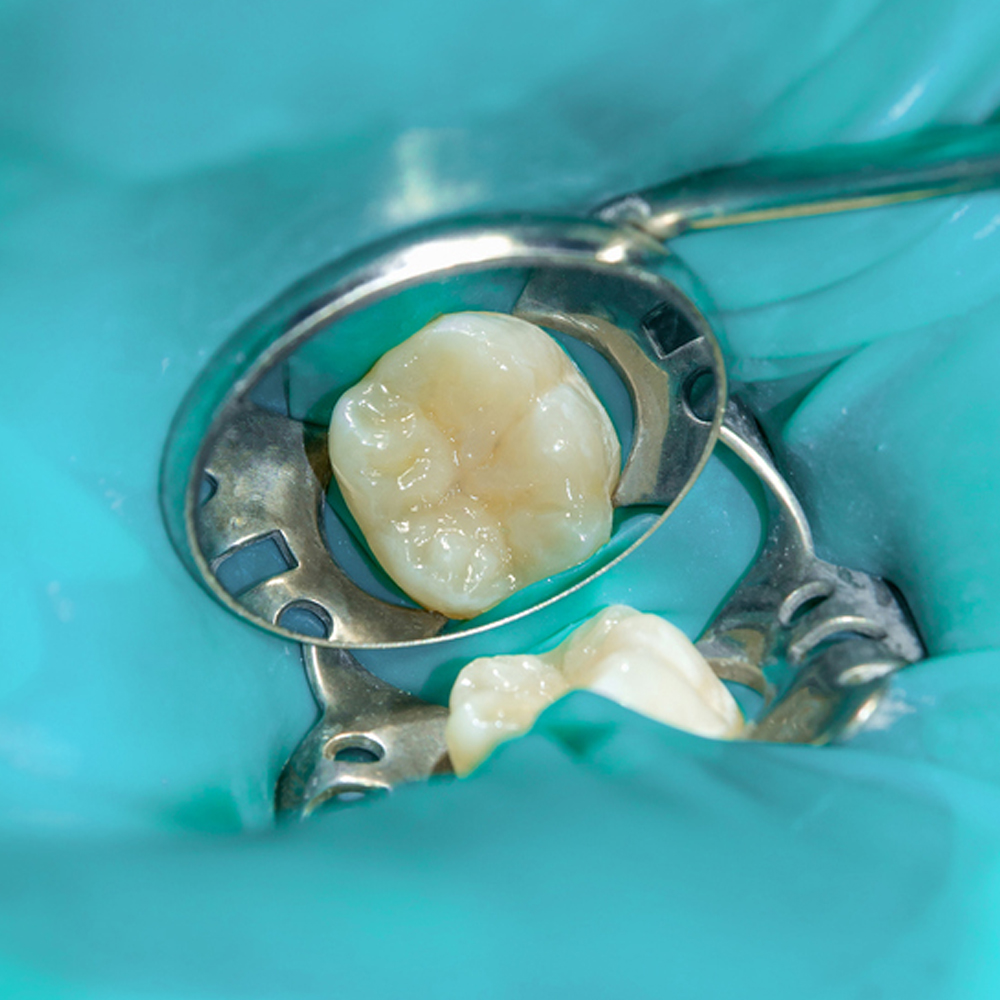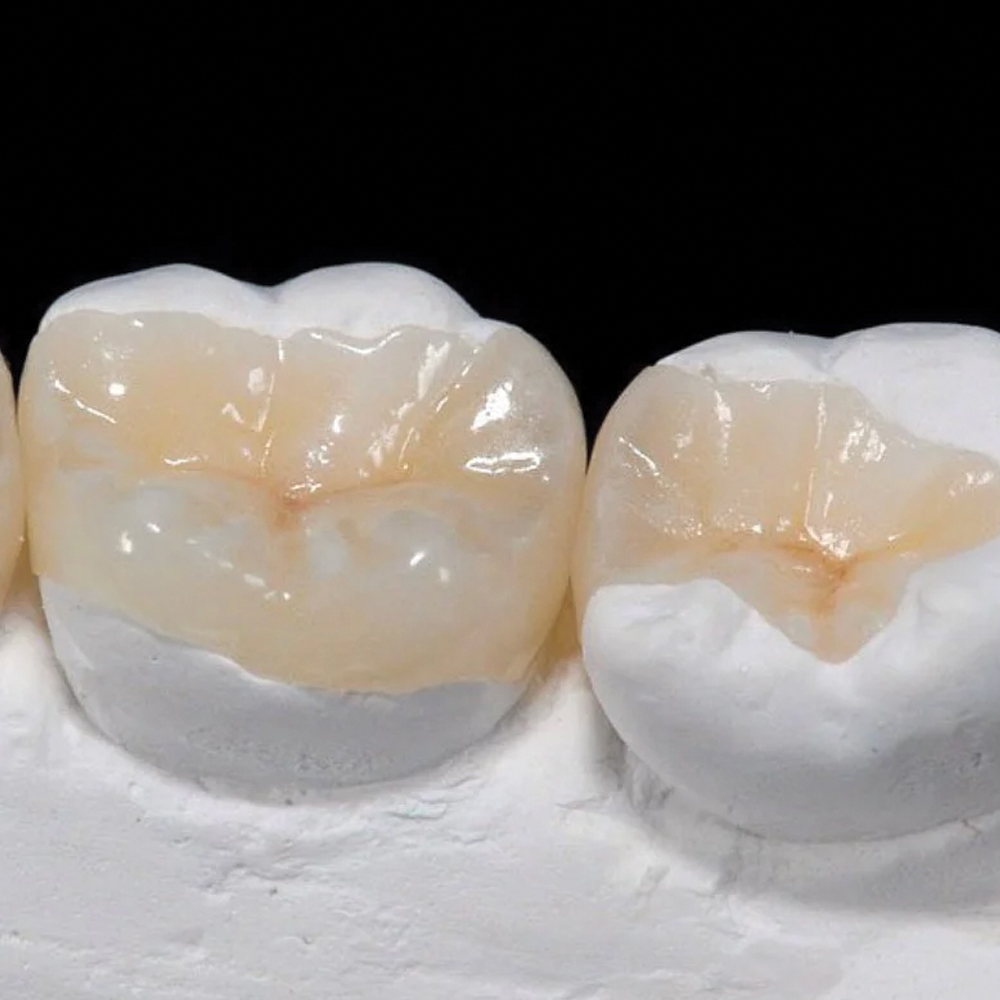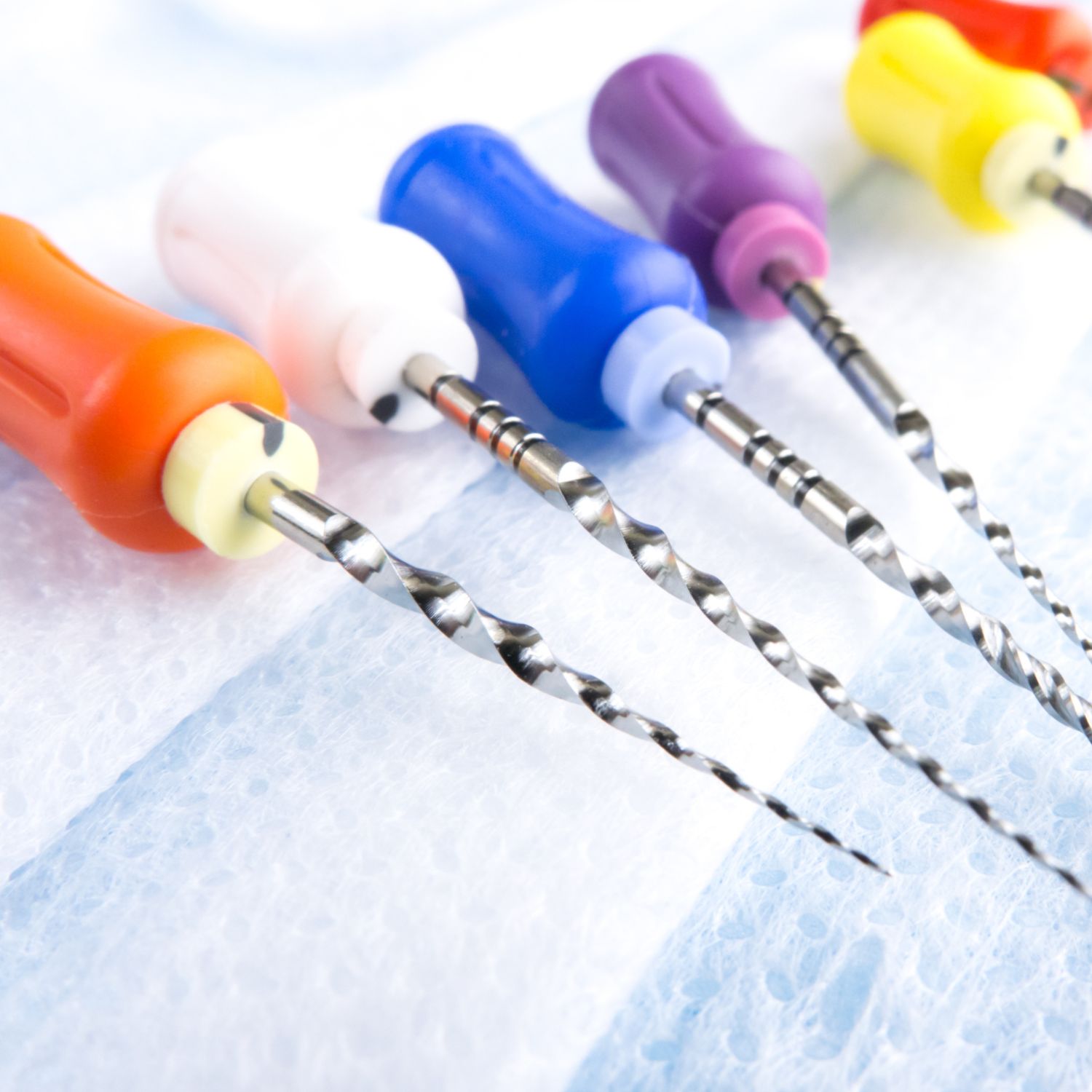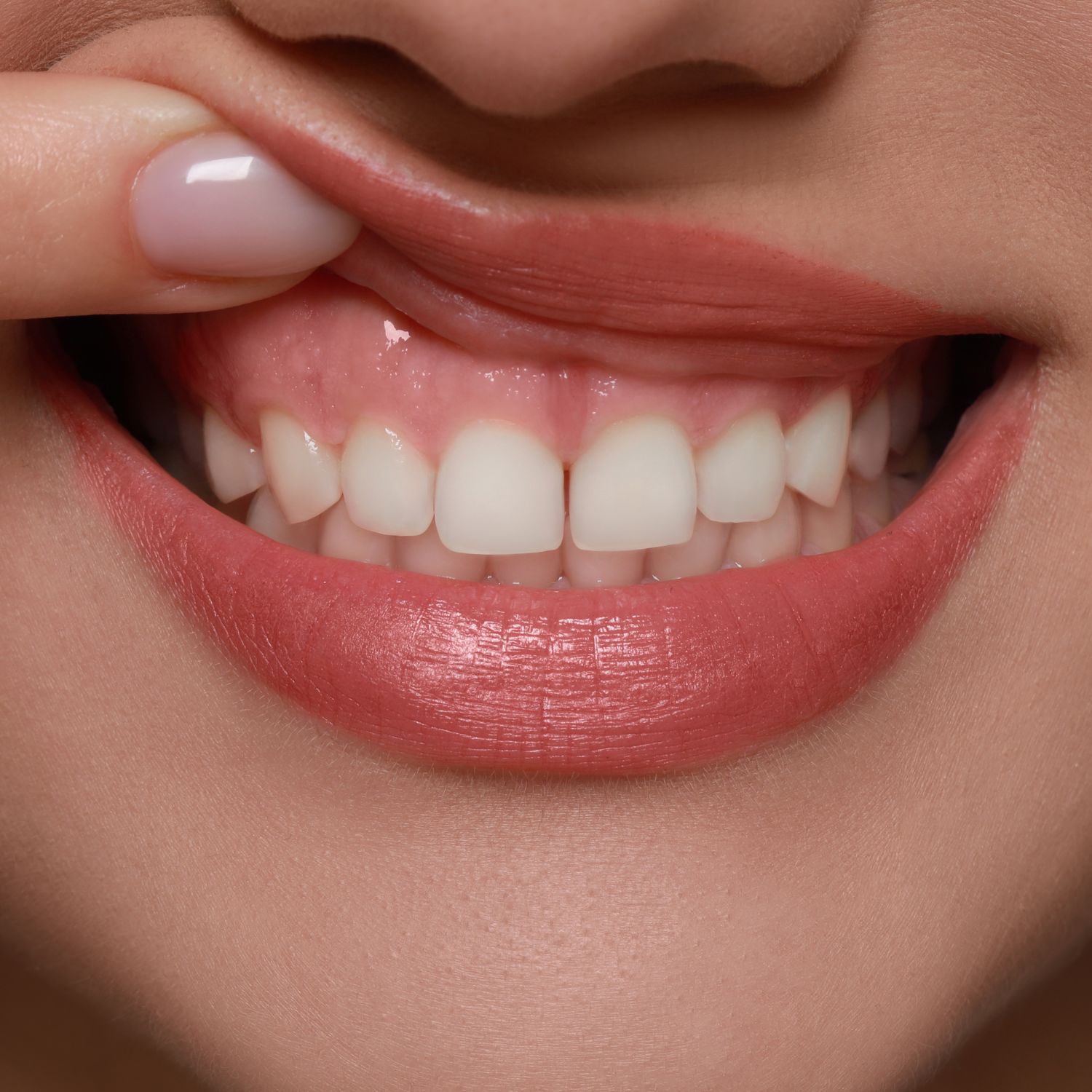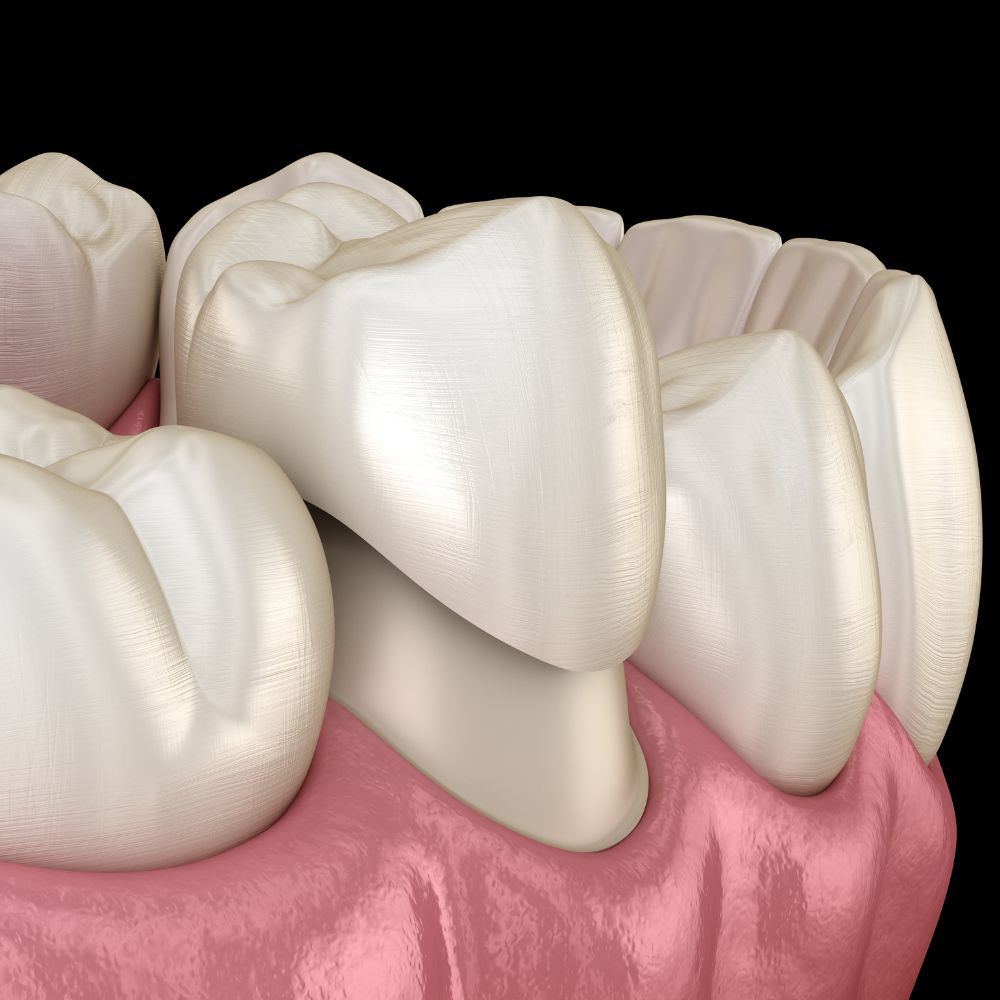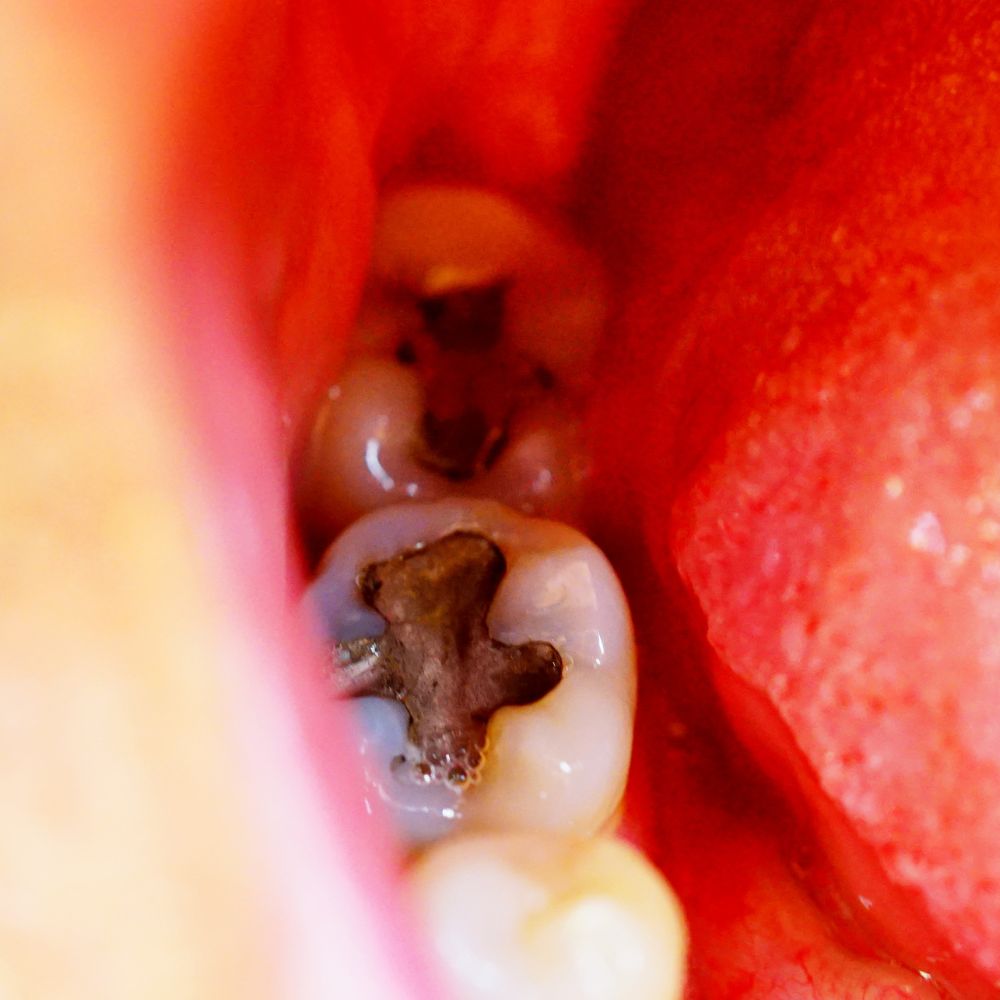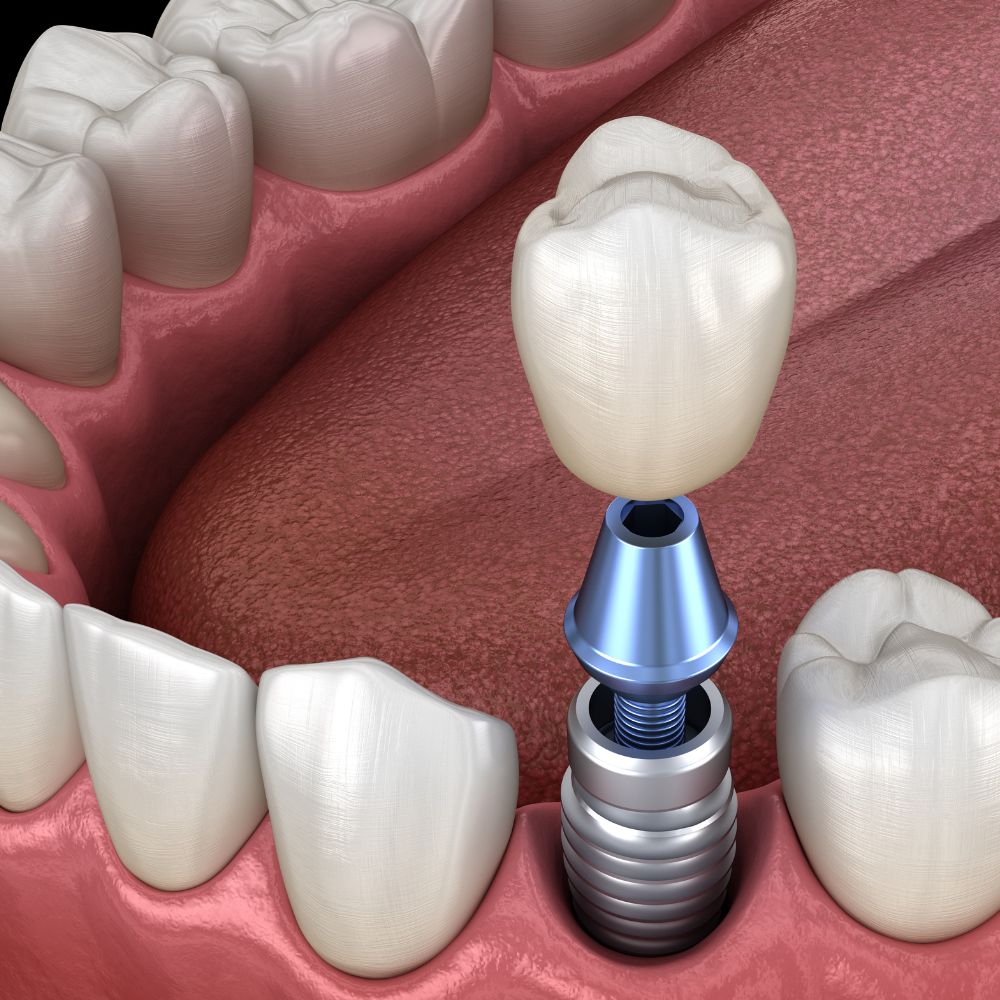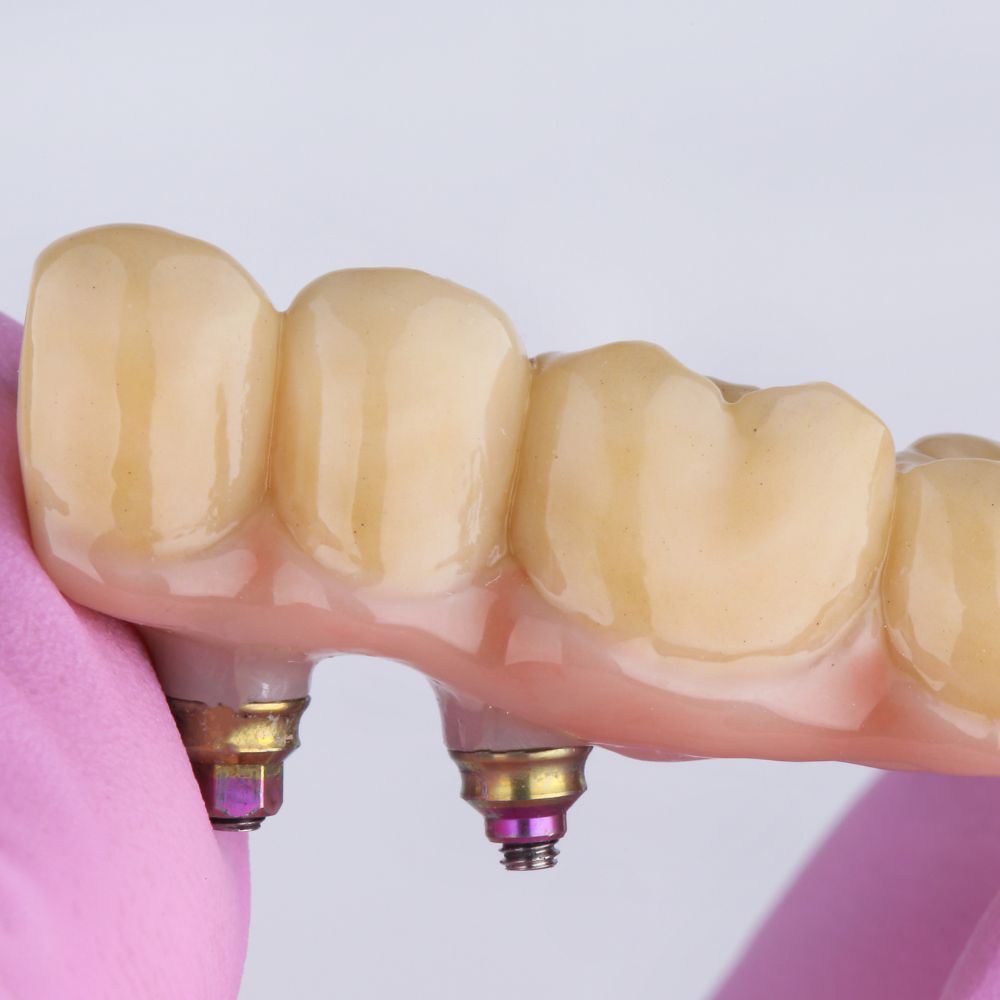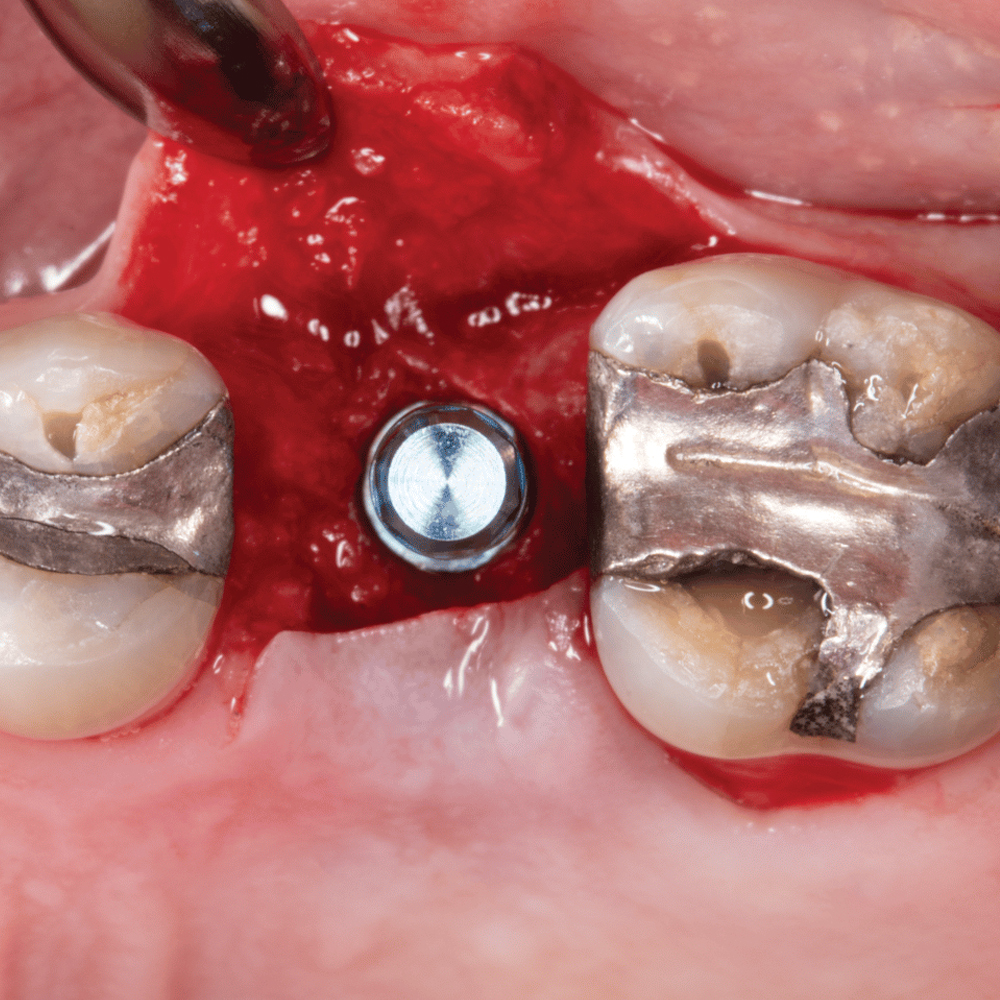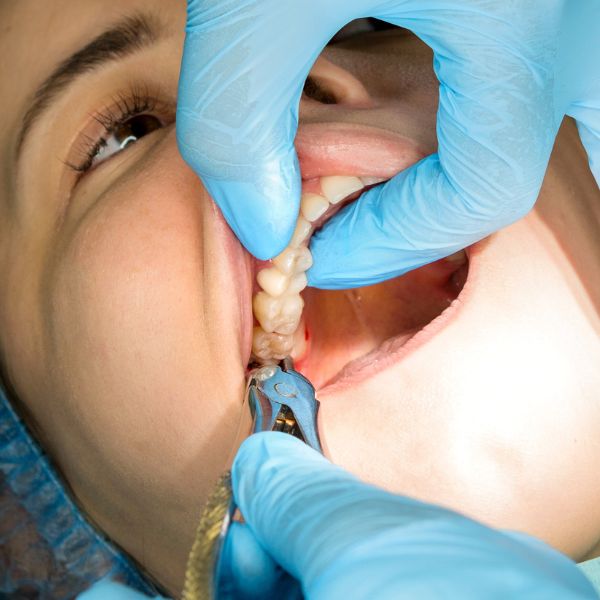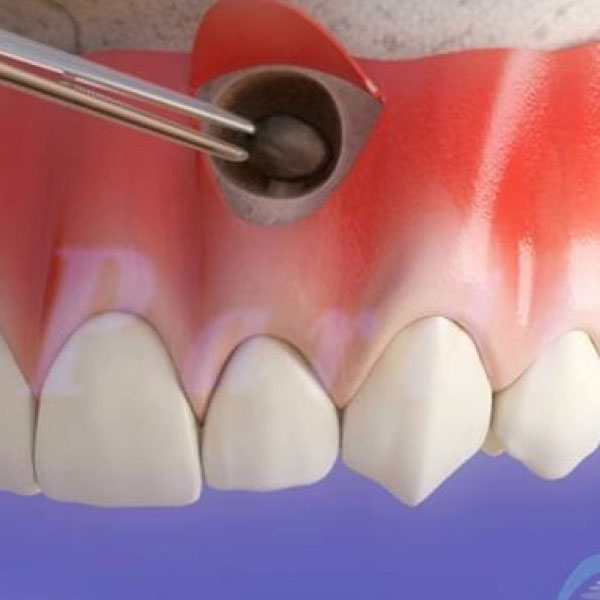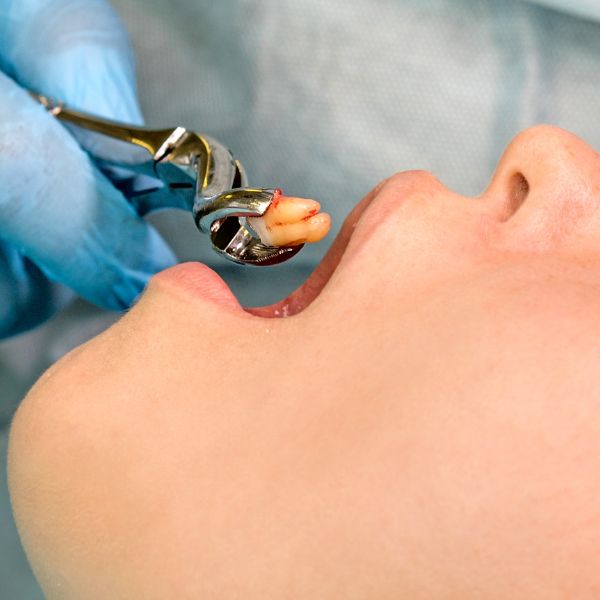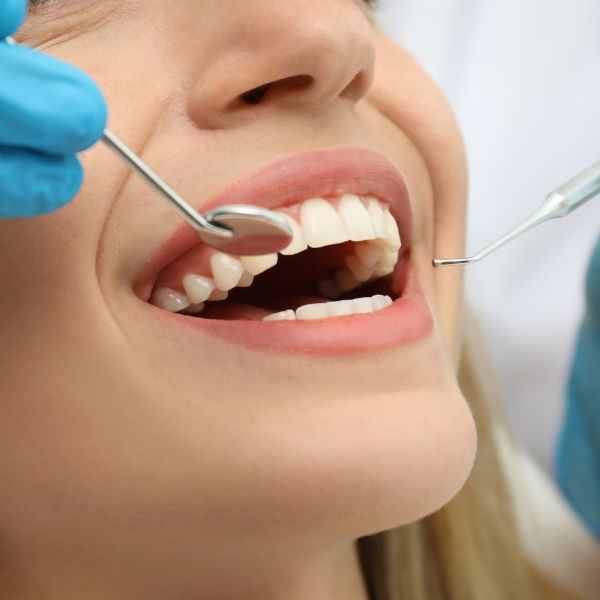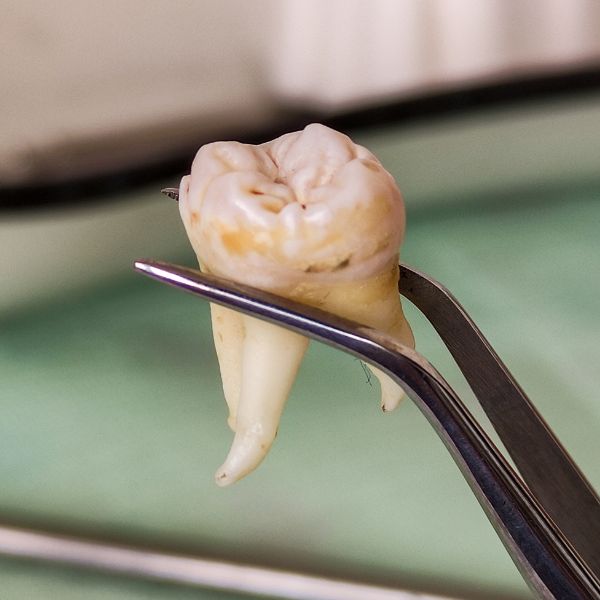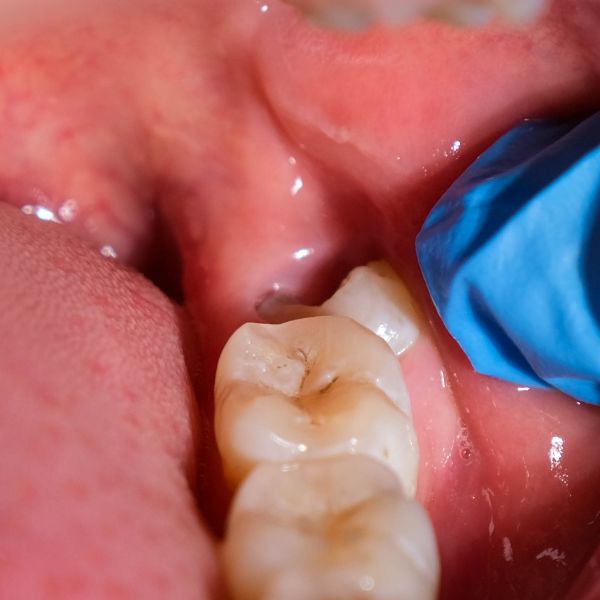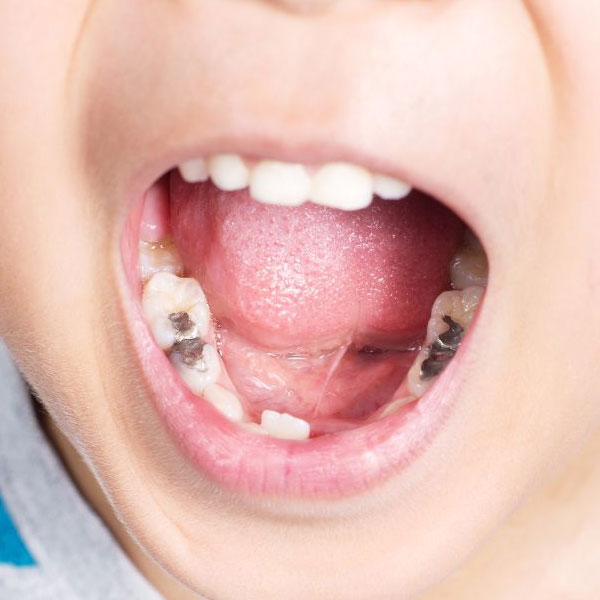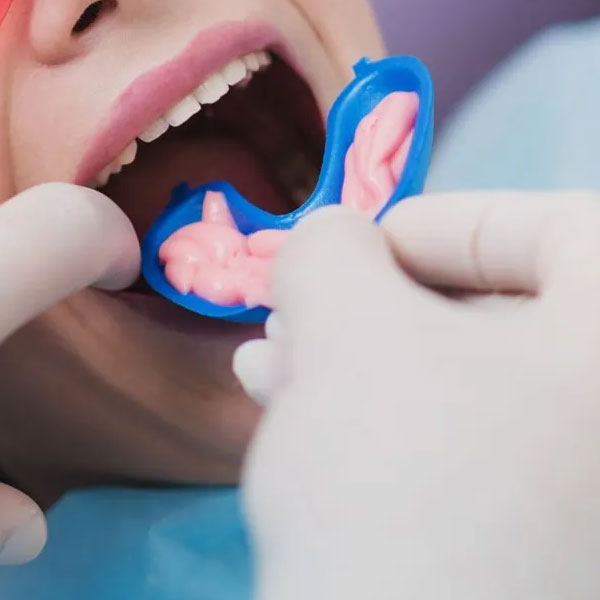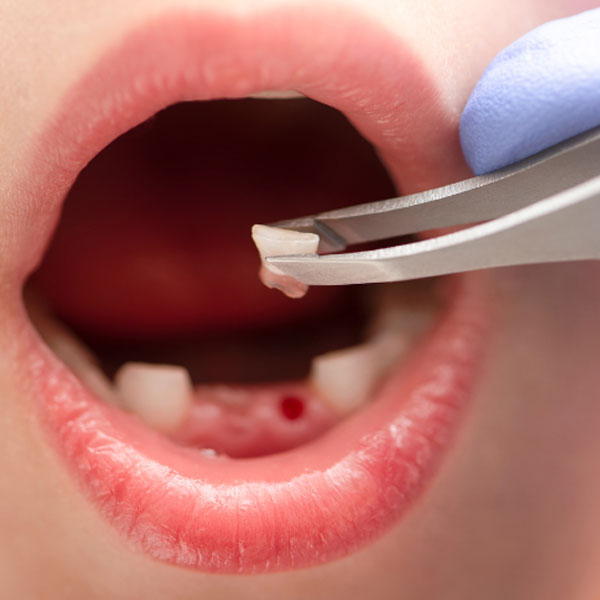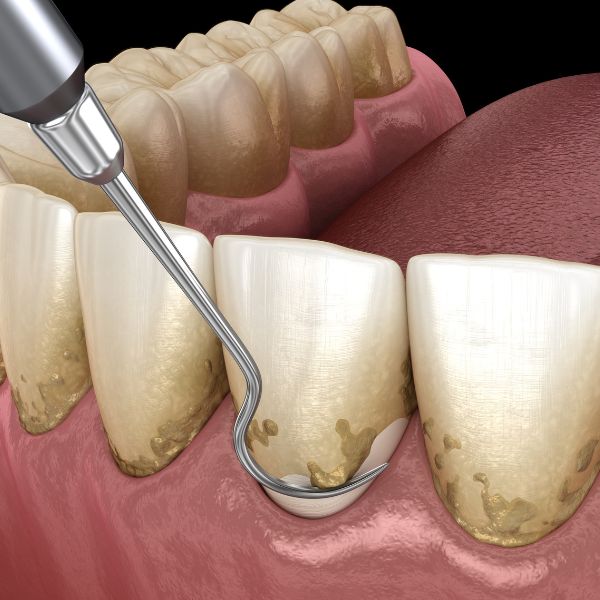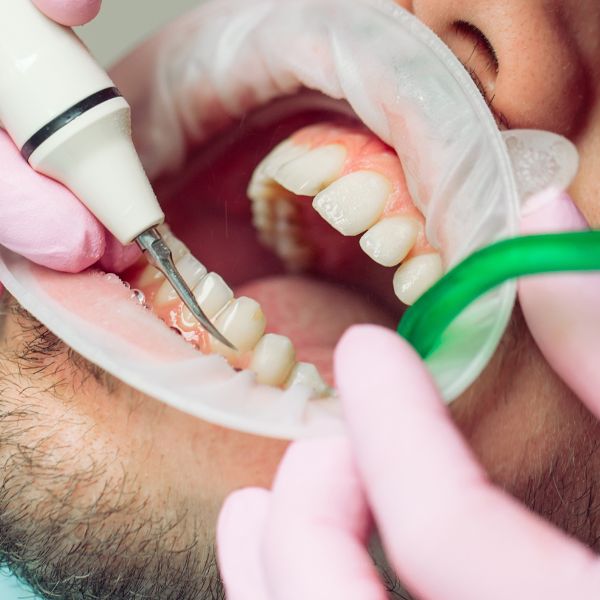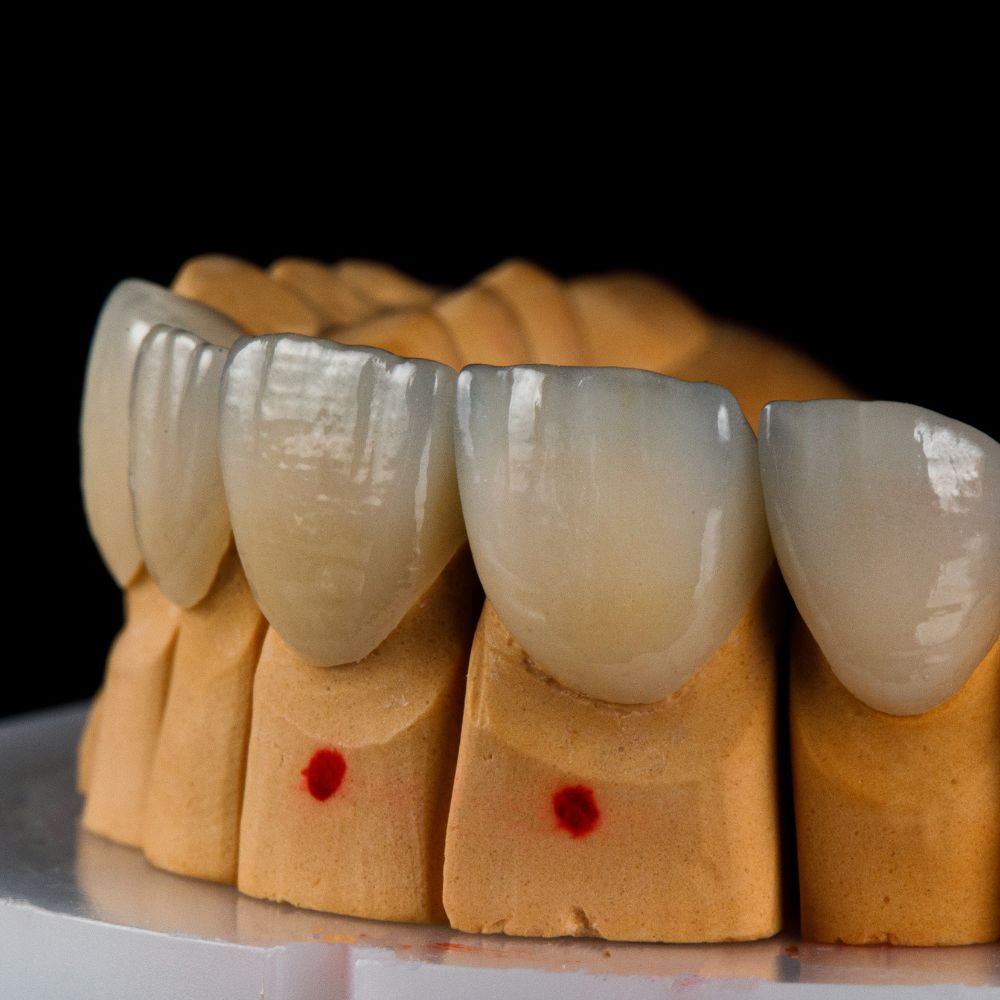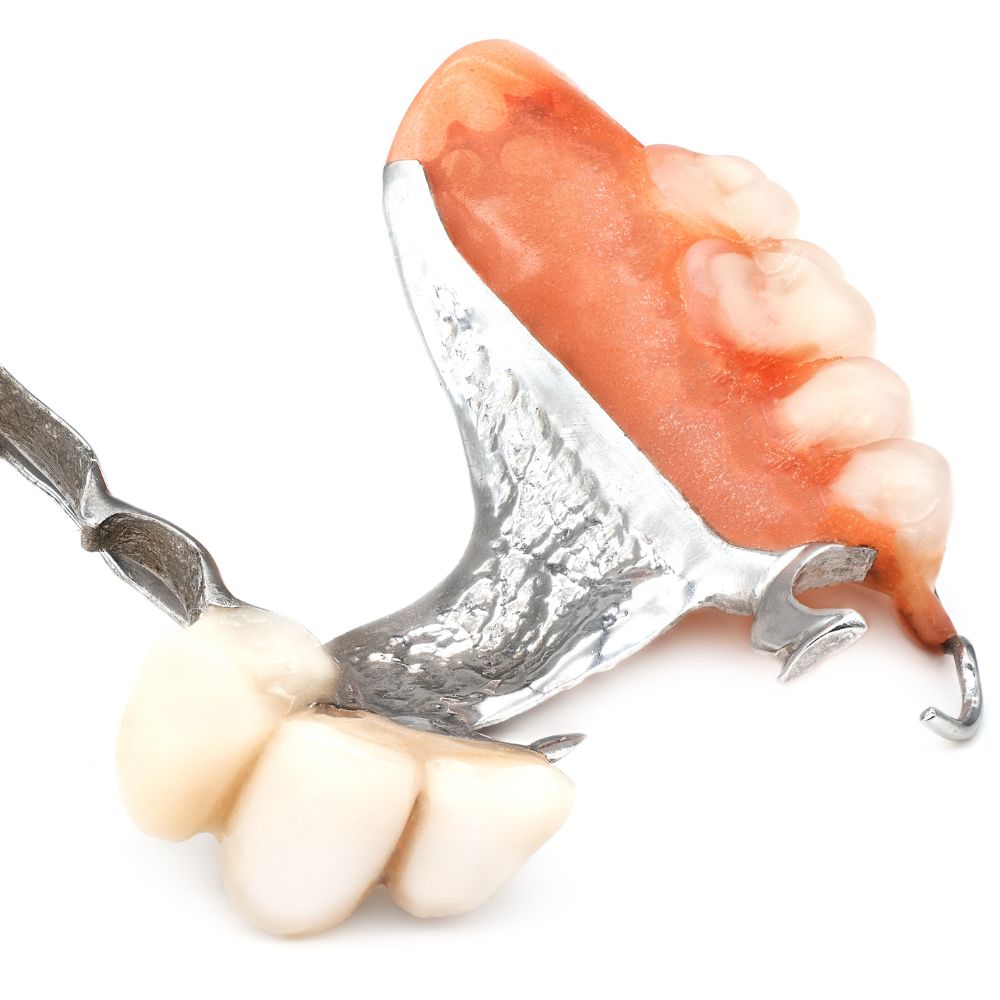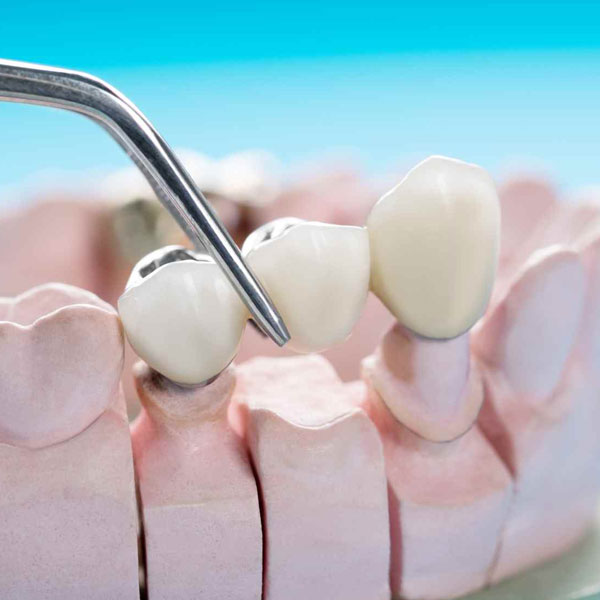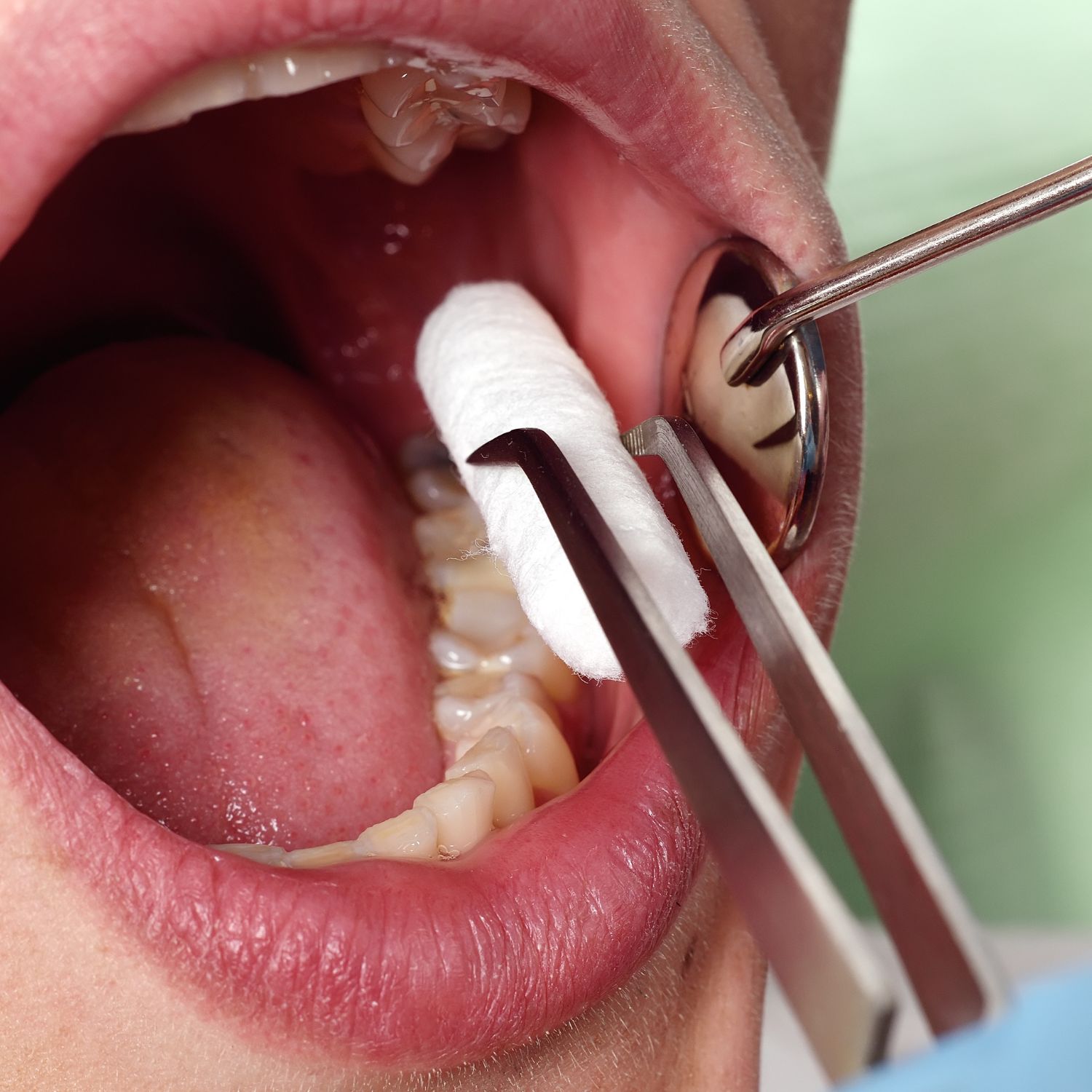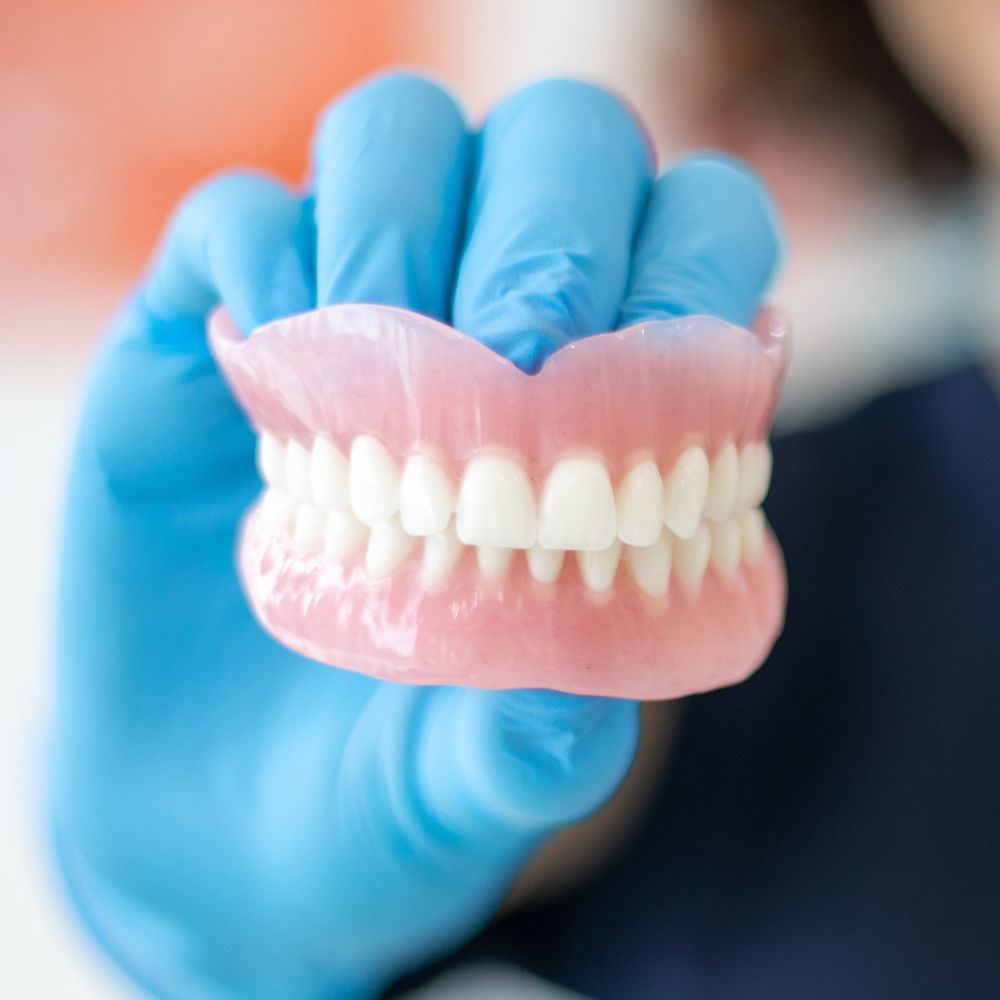Export wisdom tooth
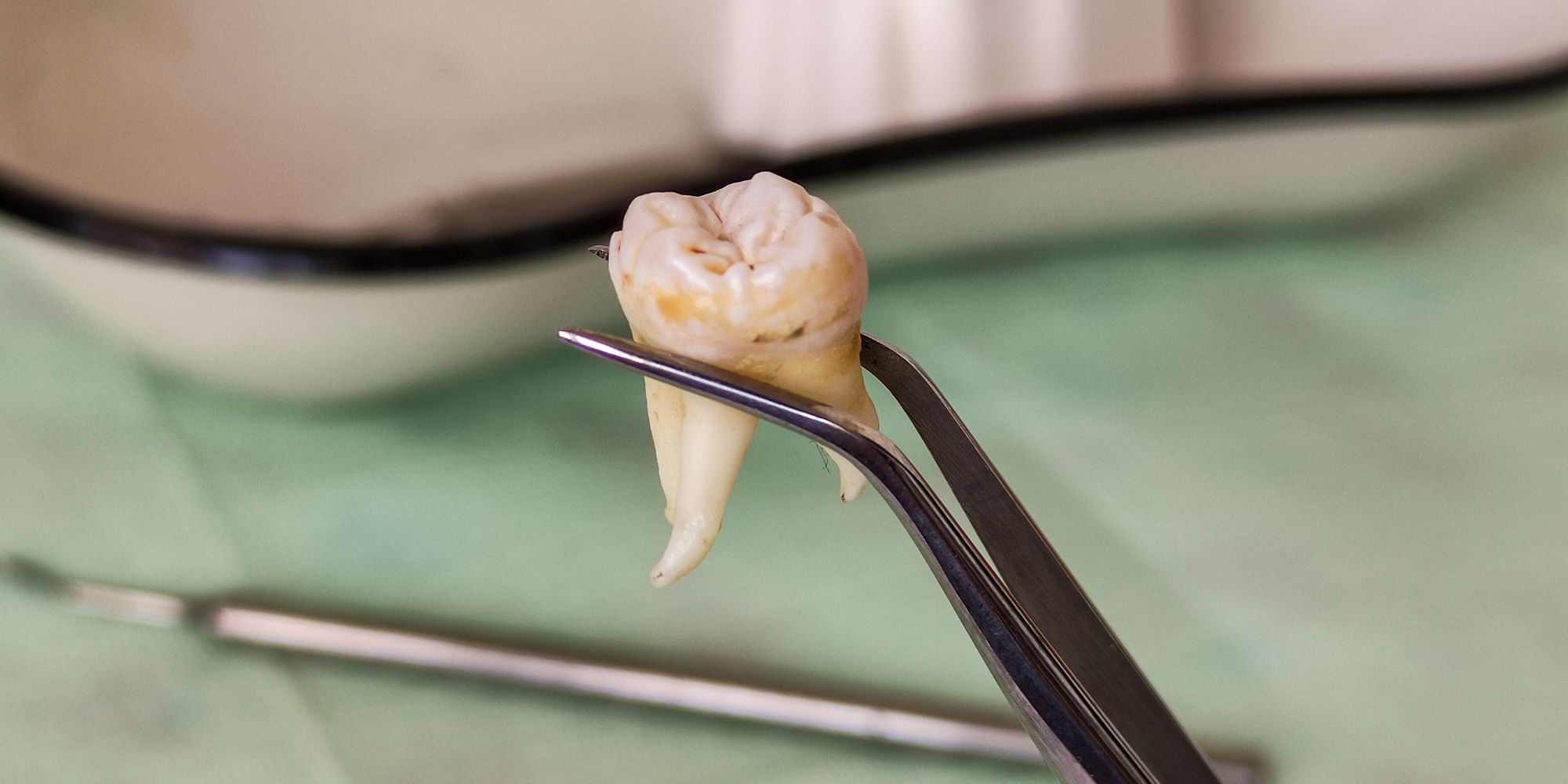
Export wisdom tooth
A wisdom tooth extraction is a common dental procedure that involves the removal of one or more of the wisdom teeth, also known as the third molar. These teeth are the last to emerge in the mouth, usually between the ages of 17 and 25. While some people have no problems with their wisdom teeth, others experience pain, infection and other dental problems that necessitate their extraction.
What are wisdom teeth?
Wisdom teeth are the last teeth to grow in the mouth. Most adults have four wisdom teeth, one in each corner of the mouth. However, it is not unusual for some people to have fewer or no wisdom teeth. These teeth are holdovers from a time when our ancestors needed the extra chewing power to process a tougher diet.
Why should wisdom teeth be extracted?
In many cases, wisdom teeth are impacted, meaning they don't have enough room to fully erupt or grow properly. This can lead to a number of problems, including pain, infection, damage to adjacent teeth, and the development of cysts or tumors. Additionally, the angle at which wisdom teeth grow can cause them to push against other teeth, leading to misalignment or crowding. Therefore, extraction is often recommended to prevent potential problems and maintain oral health.
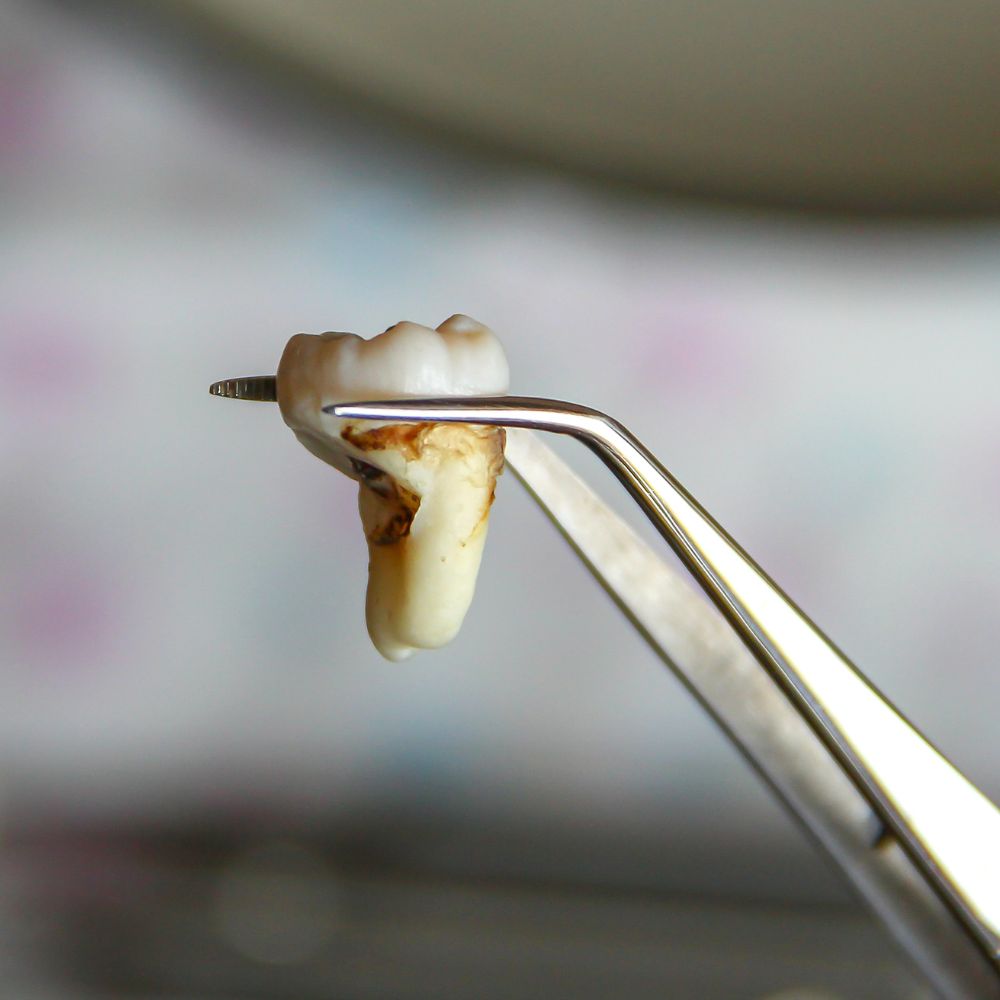
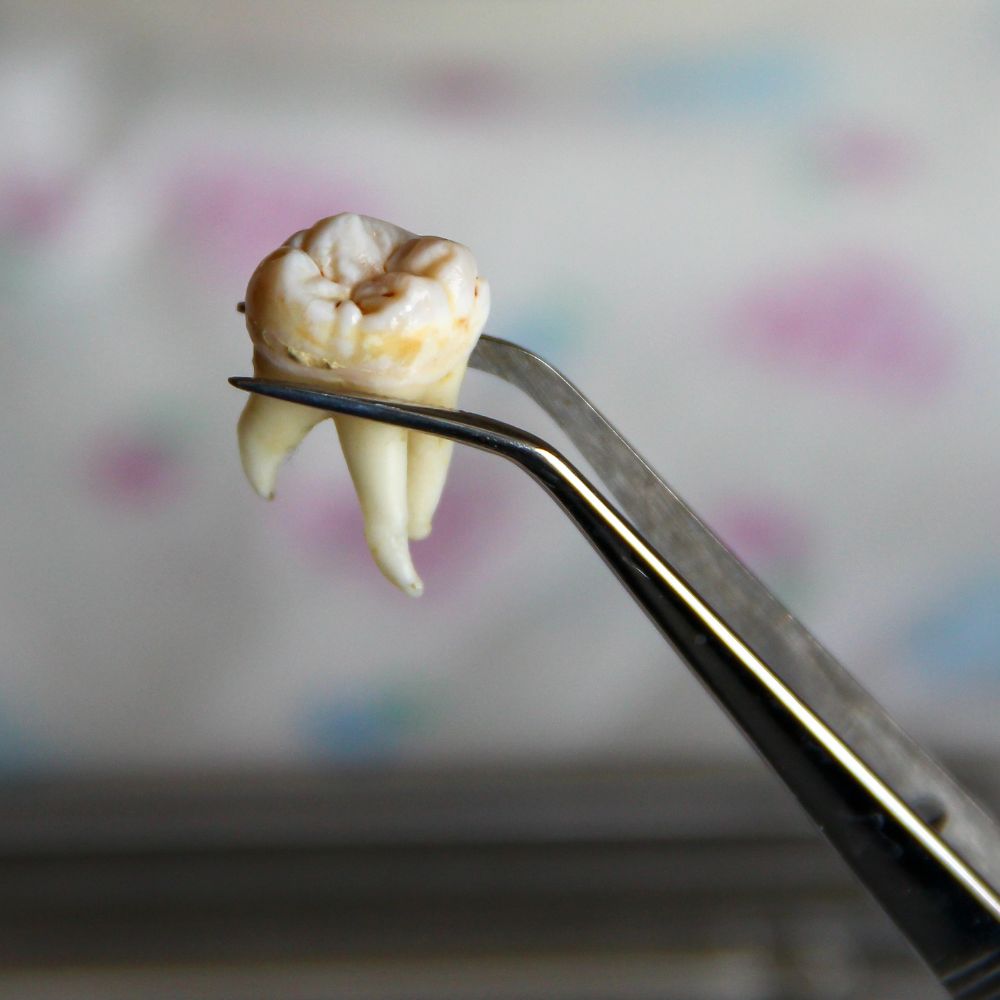
Signs and symptoms that indicate the need for a wisdom tooth extraction
There are various signs and symptoms that may indicate the need for a wisdom tooth extraction. These include:
Pain or discomfort: Wisdom teeth can cause pain or discomfort in the back of the mouth, often radiating to the jaw, ear or neck.
Edema: Swelling of the gums or jaw may occur when wisdom teeth are impacted or infected.
Redness and tenderness: The area around a wisdom tooth may become red and tender to the touch.
Bad breath or bad taste: Infection or decay around a wisdom tooth can lead to bad breath or a bad taste in the mouth.
Difficulty opening the mouth: Impacted wisdom teeth can make it difficult to open the mouth fully or chew properly.
If you are experiencing any of these symptoms, it is important to consult a dentist to determine if a wisdom tooth extraction is necessary.
The wisdom teeth extraction procedure
The process includes several stages:
Initial assessment: The dentist will examine your mouth and take x-rays to assess the position and condition of your wisdom teeth.
Anesthesia: Before the extraction, the dentist will administer local anesthesia to numb the area around the tooth. In some cases, general anesthesia may be used for more complex extractions or if the patient prefers to be completely unconscious during the procedure.
Removing the tooth: Once the area is numb, the dentist will carefully remove the wisdom tooth. This may involve making an incision in the gum tissue and removing any bone that may be blocking access to the tooth.
Stitching and recovery: After the tooth is removed, the dentist may place dissolvable stitches to help the gum tissue heal. You will be given instructions on how to care for the extraction site and manage any discomfort during the recovery period.
Tips for recovery and care after wisdom tooth extraction
The recovery process after wisdom tooth extraction usually takes about a week. During this time, it is important to follow these tips :
Take your prescribed medications: Your dentist may prescribe pain medication or antibiotics to manage pain and prevent infection. Take them as directed.
Apply ice packs: Applying ice packs to the outside of your face near the extraction site can help reduce swelling and discomfort.
Eat soft foods: Stick to a soft diet for the first few days to avoid putting pressure on the extraction site. Foods like mashed potatoes, yogurt, and smoothies are good choices.
Avoid smoking and drinking through a straw: Smoking and using a straw can dislodge the blood clot that forms at the point of extraction, leading to a painful condition called dry socket.
Maintain good oral hygiene: Brush your teeth gently, avoiding the extraction site, and rinse your mouth with warm salt water to keep the area clean.
Faq Extracting Fronimite
Is wisdom tooth extraction painful?
The procedure itself is not painful due to the administration of anesthesia. However, some discomfort and swelling may occur during the recovery period.
How long does the process take?
The duration of the procedure depends on the complexity of the extraction and the number of wisdom teeth removed. On average, it takes about 45 minutes to an hour.
Is there an age limit for tooth extraction?
Although wisdom teeth removal is recommended in the late teens or early twenties, there is no strict age limit. Wisdom teeth removal can be performed at any age if necessary.
Can I drive home after surgery?
If you have received a general anaesthetic, it is important to arrange for someone to drive you home after the operation, as the effects of the anaesthetic may reduce your ability to drive safely.
What are the possible complications of wisdom teeth removal?
Although rare, possible complications include infection, dry skin, nerve damage, and sinus complications. It is important to follow your dentist's instructions for post-operative care to minimize the risk of complications.

